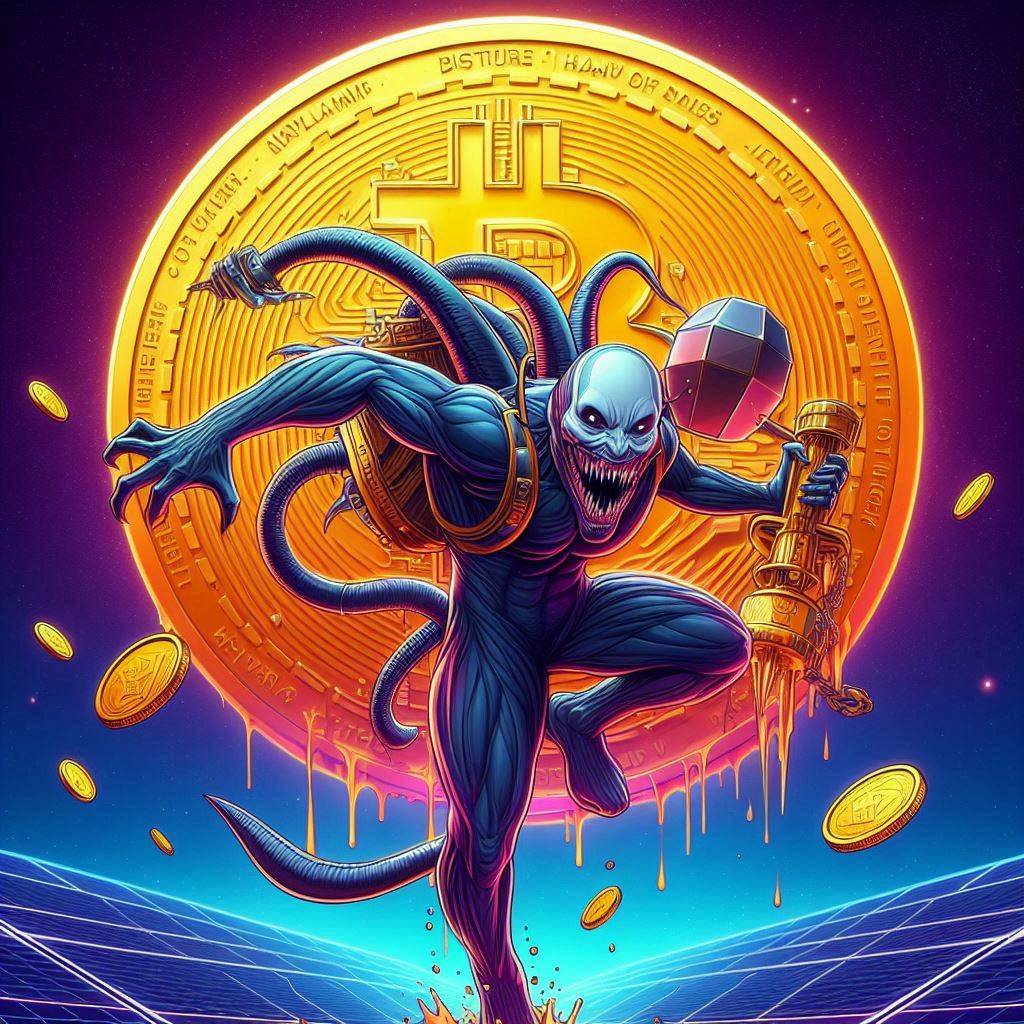Former Employee Allegedly Steals $1.9 Million from Solana Memecoin Platform Pump.fun: An In-depth Analysis
Introduction
In a shocking turn of events, Pump.fun, a popular Solana-powered memecoin creation platform, has accused one of its former employees of orchestrating a sophisticated theft worth approximately $1.9 million in Solana (SOL). This incident highlights the potential risks associated with decentralized finance (DeFi) platforms and serves as a reminder for organizations to maintain stringent internal security measures. This article provides an in-depth analysis of the alleged theft and its implications for the broader DeFi ecosystem.
Background
On May 16, Pump.fun reported that a former employee had taken advantage of their privileged position within the company to execute a so-called „bonding curve“ attack. By gaining unauthorized access to the platform’s „withdraw authority,“ the suspect managed to steal around $1.9 million in SOL from the $45 million held in Pump.fun’s bonding curve contracts. Following a temporary halt in trading, Pump.fun has since resumed normal operations and guaranteed affected users that they will regain „100% of the liquidity“ within the next 24 hours.
Mechanics of the Attack
To carry out the attack, the perpetrator employed flash loans from the Solana lending protocol Raydium to borrow Solana tokens. These tokens were subsequently used to purchase large quantities of coins on Pump.fun. Once the coin prices reached their peak bonding curve values, the exploiter accessed the available liquidity and paid back the flash loans. To further complicate matters, the suspect also manipulated the price of certain coins listed on Pump.fun, causing them to skyrocket in value before selling off their positions.
Internal Key Leak Suspected
According to Igor Igamberdiev, Head of Research at the algorithmic trading firm Wintermute, the exploit may have originated from an internal private key leak. Based on preliminary investigations, Igamberdiev pointed fingers at X user @STACCoverflow as the primary individual responsible for the illicit activities. While no formal charges have been filed against @STACCoverflow, several pieces of evidence suggest their involvement in the scheme.
Confessions and Motivations
Following the accusation, @STACCoverflow made a series of enigmatic social media posts admitting to carrying out the exploit. They cited dissatisfaction with their previous employers and disclosed their intention to distribute the stolen funds among token and non-fungible token (NFT) holders within the Solana community. Furthermore, @STACCoverflow revealed their true identity online, stating that they didn’t fear any consequences due to having already been doxxed.
Industry Implications
Unfortunately, this is not the first time hackers have targeted DeFi platforms, nor will it likely be the last. Just recently, two brothers were charged with manipulating the Ethereum blockchain and stealing roughly $25 million in digital assets. As such, it remains crucial for both developers and investors alike to prioritize cybersecurity best practices to mitigate potential threats. Regularly updating software, implementing multi-factor authentication, and closely monitoring transactional activity can significantly reduce the risk of falling victim to similar attacks.
Conclusion
While instances like the one involving Pump.fun and its former employee might tarnish the reputation of DeFi platforms momentarily, it should not deter users from exploring the vast opportunities presented by decentralized finance. Instead, such incidents serve as valuable learning experiences for all parties involved. With continued vigilance and adherence to established security standards, the DeFi space can flourish while minimizing the occurrence of malicious activities.
